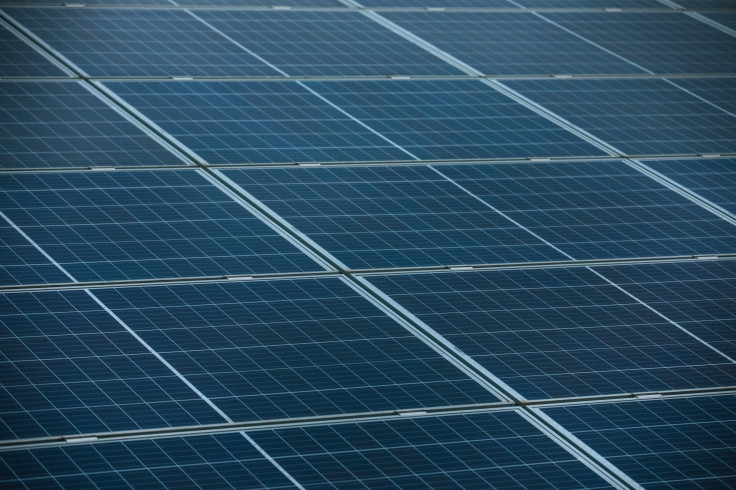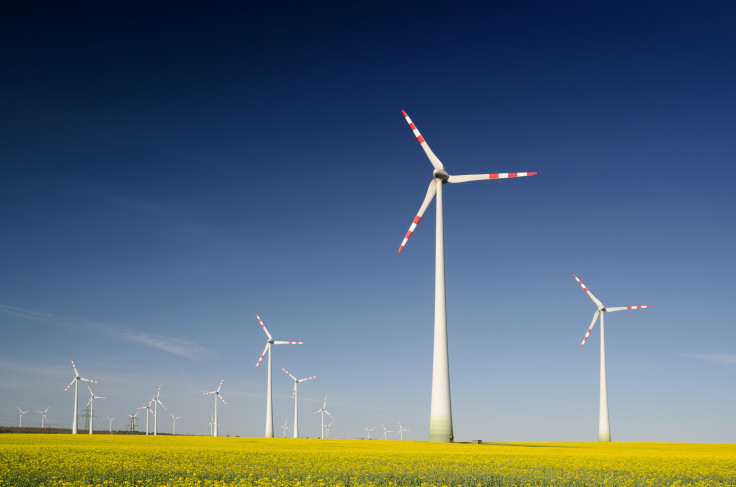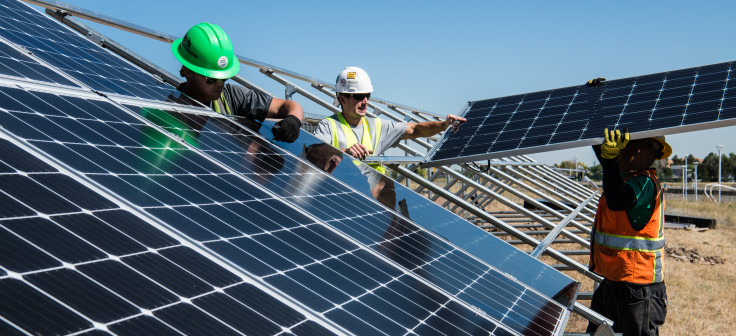Switching Your Business To Renewable Energy

What's the real cost of going green? Many industry leaders avoid investing in wind and solar energy, and unsurprisingly, most of the energy consumed in the U.S. still comes from nonrenewable sources. It makes you wonder if renewable energy has a place in the future of small businesses.
Well, things are changing -- gradually. With modern advances in wind and solar equipment (and their storage systems), renewable energy sources have earned the same status as the traditional power grid.
Understanding renewable energy
Simply put, renewable energy is any source of energy that occurs naturally and is generally inexhaustible. This form of energy is also called "clean" or "soft energy." Examples of renewable energy include hydroelectric power, wind, geothermal, solar and biomass.
All these share a common trait -- they emit negligible levels of carbon dioxide. Essentially, they're relatively harmless to the environment. And yet, according to the U.S. Energy Information System, only 10% of the national energy output in 2015 originated from renewable sources.
Weighing the cost of investing in 'clean' energy

So, why switch to renewable energy? While businesses might spend thousands of dollars to buy a solar panel, they often see the ROI on the other side. Most panels come with a 25-year warranty. You might pay a little less for residential micro wind turbines, but this equipment has a shorter lifespan and should only supplement other energy options.
The reason behind this is simple. On a micro level, a turbine's output is typically less than what a solar panel's output would be. And since modern wind turbines come in bigger sizes, their Kw output (and price) has also increased. Compared to solar equipment, they take up a much bigger space.
Saving through tax credits
There are lots of incentives for modern corporate entities to embrace sustainable energy options. In fact, many small businesses have noticed direct savings through lowered utility bills and enhanced tax credits. Some also see indirect savings in the form of a growing customer base, improved public relations and increased profits.
Some small businesses save money after switching to renewable energy. How? These businesses qualify for the energy investment tax credit. This means you'll receive a 30% credit for small wind, fuel cells and solar energy. You can also receive a 30% credit for micro-turbines, geothermal, and combined heat and power. Be aware, though -- your business should own and use the equipment in the specific year you claim the credit, or else you won't qualify.
Cutting utility costs

You can benefit from the solar investment tax credit if you install, finance, or develop solar technology. But businesses that have invested but haven't installed equipment can still benefit in other ways. Making the switch to renewable energy can put you in line to benefit from various tax deductions for green buildings.
The government allows U.S. businesses that invest in energy-saving electric systems and install new HVAC systems to apply for this benefit. Businesses that improve the wrap (including walls, roofs, and floors) or install energy-saving hot water systems are also eligible.
Conclusion
The amount of energy you produce through wind or solar sources can determine the cumulative amount of savings. Many companies that switch to renewable energy end up with a more robust bottom line. They benefit from strategic tax deductions while helping to secure resource sustainability in a rapidly changing world. Have you considered converting your small business to renewable energy?
© Copyright IBTimes 2024. All rights reserved.





















